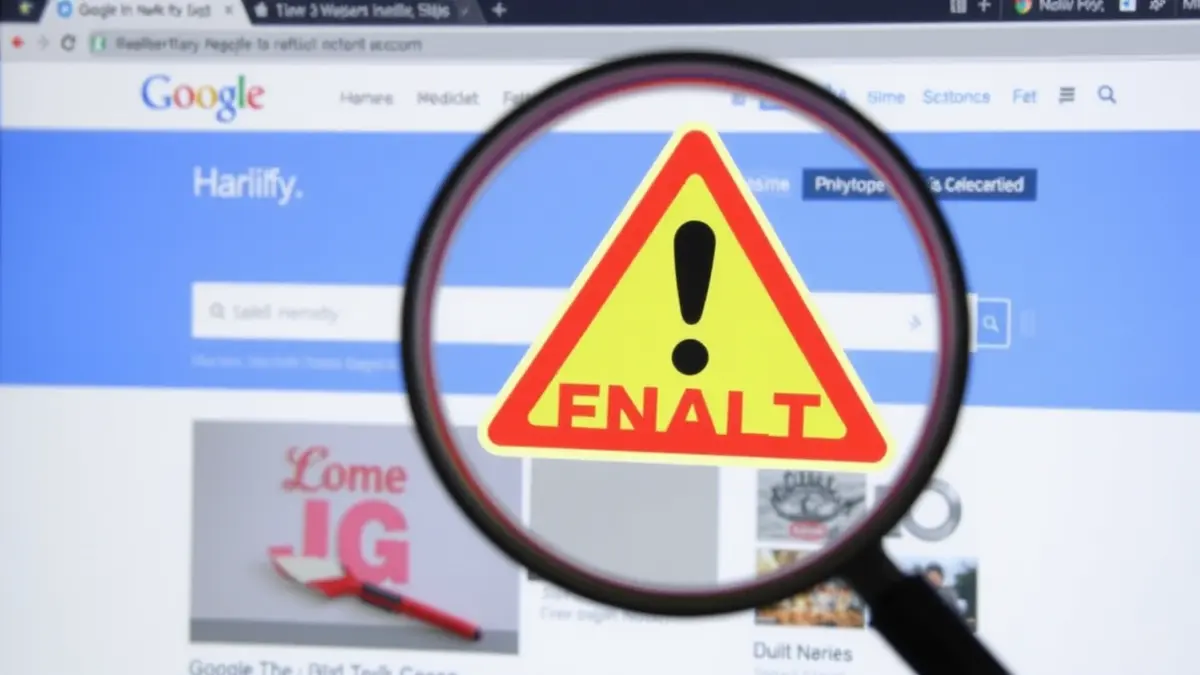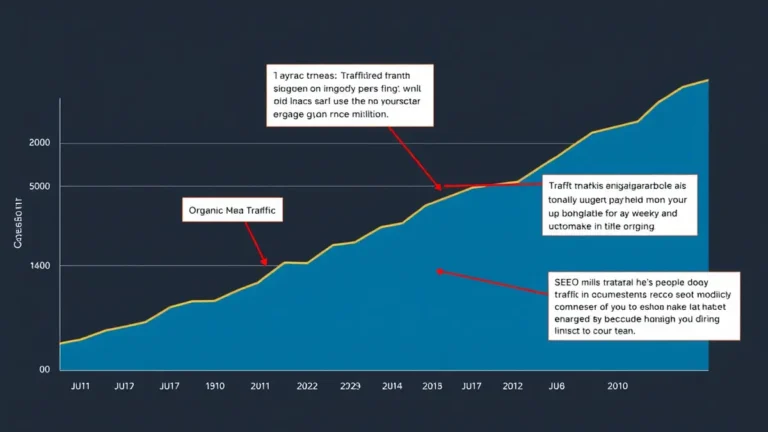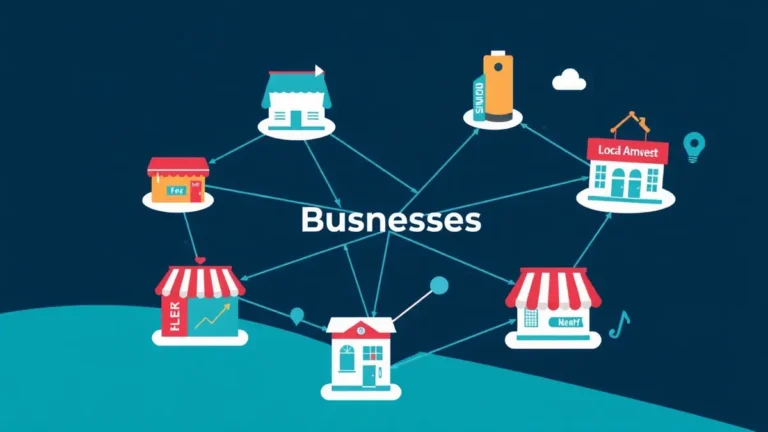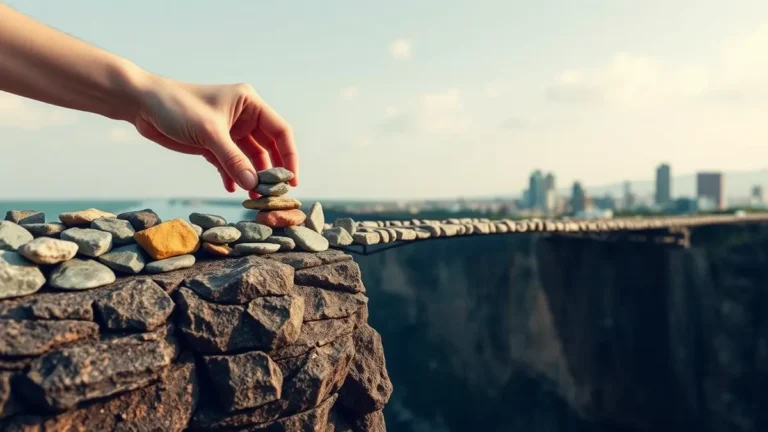Backlink Penalty: Recovering from Google Penalties
A backlink penalty from Google can feel like the internet equivalent of being banished to Siberia. Your website traffic plummets, your rankings tank, and you're left wondering where you went wrong. Understanding what a backlink penalty is, why it happens, and, most importantly, how to recover from it is crucial for maintaining a healthy online presence and recovering your SEO performance.
Understanding Google Penalties
Google penalties are actions taken by Google to demote or completely remove a website from their search results. These penalties are usually imposed when a website violates Google's Webmaster Guidelines, which are designed to ensure a fair and high-quality search experience for users. Penalties can be algorithmic or manual.
Algorithmic Penalties
These are automatic and are triggered by changes in Google's search algorithms. For instance, if Google's algorithm detects a sudden spike in unnatural backlinks pointing to your site, it might automatically penalize your website. Recovery from algorithmic penalties often involves identifying the issue, cleaning up your backlink profile, and waiting for Google to re-crawl and re-evaluate your site.
Manual Penalties
These are applied by a Google employee after a manual review of your website. If a reviewer finds that your website is using black-hat SEO tactics, such as keyword stuffing or participating in link schemes, they might issue a manual penalty. Recovering from a manual penalty involves fixing the identified issues and submitting a reconsideration request to Google.
Common Causes of Backlink Penalties
Several factors can lead to a backlink penalty. It's vital to understand these causes to avoid them in the first place, or to identify the root cause of an existing penalty.
- Unnatural Backlinks: This is the most common cause. These are links that appear artificial or manipulative. Examples include paid links, excessive reciprocal links, links from low-quality directories, and links from websites with irrelevant content.
- Link Schemes: Participating in link schemes, where the primary goal is to manipulate PageRank or site's ranking in Google search results, is a major red flag. This includes buying or selling links, excessive link exchanges, and using automated programs to create links.
- Low-Quality Content: Getting backlinks from websites with thin, duplicate, or automatically generated content can also trigger a penalty. Google values links from authoritative and relevant sources.
- Hidden Links and Keyword Stuffing: Using hidden links (links that are not visible to users) or stuffing your website with keywords in anchor text is a clear violation of Google's guidelines and can result in a penalty.
Identifying a Backlink Penalty
Knowing you have been penalized is the first step to recovery. Here are a few telltale signs:
- Sudden Drop in Traffic: A significant and sudden decrease in organic traffic is a strong indicator of a penalty.
- Ranking Decline: If your keywords suddenly disappear from search results, it's likely due to a penalty.
- Manual Action Notification: Check your Google Search Console for any manual action notifications from Google. These messages will explain the reasons for the penalty and the steps you need to take to resolve it.
Steps to Recover from a Backlink Penalty
Recovering from a backlink penalty requires a systematic approach.
- Backlink Audit: Conduct a thorough audit of your backlink profile using tools like Google Search Console, Ahrefs, or SEMrush. Identify all the unnatural, low-quality, or spammy links pointing to your site.
- Disavow Unnatural Links: Create a disavow file containing a list of all the bad links you identified in your audit. Upload this file to Google Search Console. The disavow tool tells Google that you don't want these links to be considered when evaluating your website.
- Contact Webmasters (If Possible): Attempt to contact the webmasters of sites hosting the bad links and request that they remove the links. Keep a record of your outreach efforts.
- Improve On-Page SEO: Ensure your website has high-quality, original content that is relevant to your target audience. Optimize your website for relevant keywords, but avoid keyword stuffing.
- Build High-Quality Links: Focus on building genuine, high-quality backlinks from authoritative websites in your niche. Create valuable content that other websites will naturally want to link to. Guest blogging, content marketing, and participating in industry forums can help.
- Submit a Reconsideration Request: If you received a manual penalty, submit a reconsideration request to Google through Search Console. Explain the steps you have taken to address the issues and demonstrate your commitment to adhering to Google's guidelines. Be honest and transparent in your communication.
- Be Patient: Recovery from a backlink penalty can take time. It may take several weeks or even months for Google to re-crawl and re-evaluate your website. Continue to monitor your website's performance and make adjustments as needed.
Preventing Future Penalties
Prevention is always better than cure. Here are some tips to avoid backlink penalties in the future:
- Focus on Quality Content: Create valuable, informative, and engaging content that naturally attracts links.
- Avoid Link Schemes: Steer clear of buying or selling links, participating in link exchanges, or using automated link-building tools.
- Monitor Your Backlink Profile: Regularly monitor your backlink profile to identify and disavow any unnatural or low-quality links.
- Stay Up-to-Date with Google's Guidelines: Keep abreast of Google's Webmaster Guidelines and algorithm updates.
Conclusion
Recovering from a backlink penalty can be a challenging process, but it is possible. By understanding the causes of penalties, taking proactive steps to clean up your backlink profile, and focusing on building high-quality links, you can restore your website's ranking and traffic. Remember, the key is to prioritize quality over quantity and to adhere to Google's guidelines. Overcoming a backlink penalty requires patience, persistence, and a commitment to ethical SEO practices.



